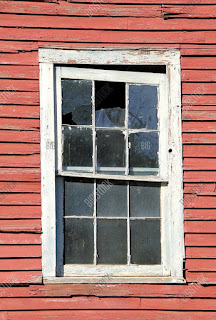I grew up in the Jim Crow South of the 1950s and early 60s. Black men stepped off the sidewalk to let white men pass. Everybody’s maid was a black woman. Sometimes they wore little white caps like servants to British aristocrats. The racial order was well established and taken for granted. The sexual order too: women stayed home and took care of their men and children.
The attitude of well-off whites toward blacks and women wasn’t hatred. That wasn’t necessary. Everyone knew their place and stayed in it. But in the country bars where the air was thick with the lust and free-floating rage of young men with too many hormones and too much beer in their bellies, things could get nasty pretty quickly. You didn’t want to be a black man in one of those bars. You didn’t want to be private-school white boy either. “What are you looking at,” was a common greeting.
That’s just the way it was in the Deep South in 1959, the year I started high school.
The other big part of life in the South in those days was religion. Everyone went to church, to see and be seen. The sermons were high-minded Christian dogma about the golden rule. Everyone prayed the psalms and sang the hymns. I can’t speak for myself, because I was an atheist even then, so it was all a bit like participative performance art to me, but my impression was that those around me were impressed with their piety and charity toward their fellow man.
When racism and sexism leaked out of the redneck bars and country club men’s grills, it washed up on the rocks of that sanctimonious piety. Someone would have too many martinis and get a little too colorful at a suburban party and the host would ask a friend to drive him home, bless his heart. Polite company wasn’t the place for that kind of thing.
So to get a thorough indoctrination in racial hatred and sexism, you had to go to those country bars or country club men’s grills. They were self limiting. Like a localized tumor that couldn’t easily metastasize.
But now we have social media, and we’re all plugged into it all the time. We’re drunk on it. And it’s making us mad. Perversely, that’s a big part of it’s appeal. Making us mad is a moneymaker for its sponsors.
Here’s what Roger McNamee, an early advisor to Mark Zuckerberg, says:
The problem is that the underlying business model of Facebook, where you bring three billion people onto one network with no boundaries and no safety net, then combine that with a business model that's based on essentially promoting emotionally intense content in order to promote engagement, and then add into that the ability to target people with extreme precision. And the result is that an enormous number of ideas that have lived for years at the fringes of society — things like white supremacy and anti-vax — have suddenly been thrust into the mainstream and done huge damage. *
I had friends who went into those country bars of my high-school years and basically never came out. Now it seems like we’re all doing it.
Somehow we need to find a way to sober up.
______________
* Interview with Julia Chatterley, CNN Business, October 26, 2021



